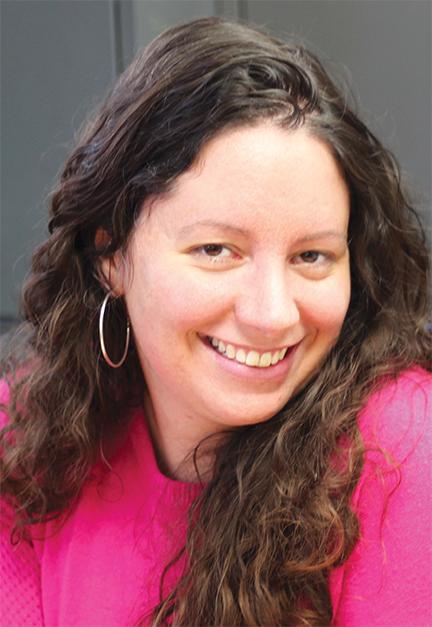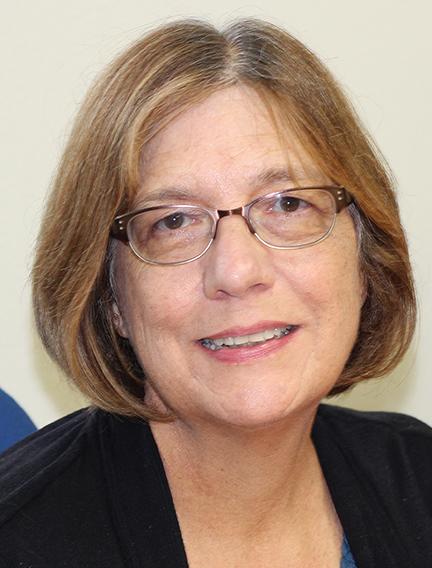“We Got Your Back”
Center for Disability Services
November 28, 2016

Marisa Hackett is the program specialist; she handles student-intake, problems with accommodation, ASL incorporation, captioning and alternative formats.
Many students don’t know about services that could help them at EvCC. A disability, defined by federal government law, is a sufficient limitation in major life activities.
The Center for Disability Services (CDS) is one of the resources available on campus for those with disability in need of assistance.
Karen Ehnat, the director of CDS, has a master’s in Social Work and has worked in the field for 22 years, two of those years being with EvCC.
“Students with sufficient limitations that impact their environment on campus can come to the disability center for assistants,” Ehnat said. “Depending on how their disability impacts them, we can arrange a variety of accommodations offered by the center.”
Physical disabilities such as vision, hearing and mobility loss and mental health disabilities such as severe anxiety, depression, learning disabilities, ADHD and autism are among the disorders that impact students seen in the CDS. Students with auditory processing issues are provided with a student note-taker or recorder to assist them.

Karen Ehnat, CDS Director
“Our services are not meant to ensure the student will succeed, ours are to level the playing field,” said Ehnat. The students still have to meet the same academic levels required as other students.
The difference in the K-12 system is they focus on the student success, which mainly has to deal with the laws that apply at the two different levels.
Test anxiety is not a disability, but students with generalized anxiety that have been documented are considered a disability, according to Enhat. Testing accommodations are offered to students who need more time during the testing process.
Someone with low vision are accommodated with high technology computers. Electronic books and braille are made available .
“This program is all about equity so everybody can participate or have the opportunity to participate,” said Ehnat.
According to Ehnat, the Center for Disability Services currently see about four percent of the student population, but for colleges it should be 12 percent. Therefore, there is a number of students that don’t seek help or don’t know that services are available to them.
